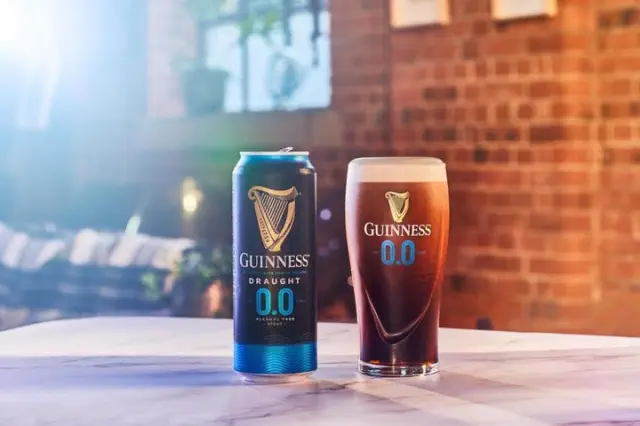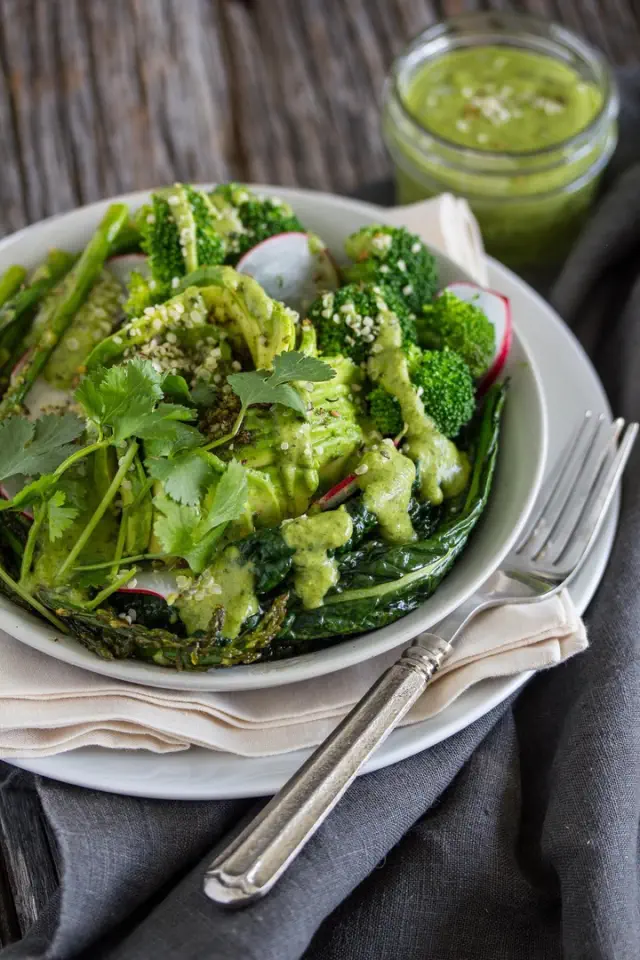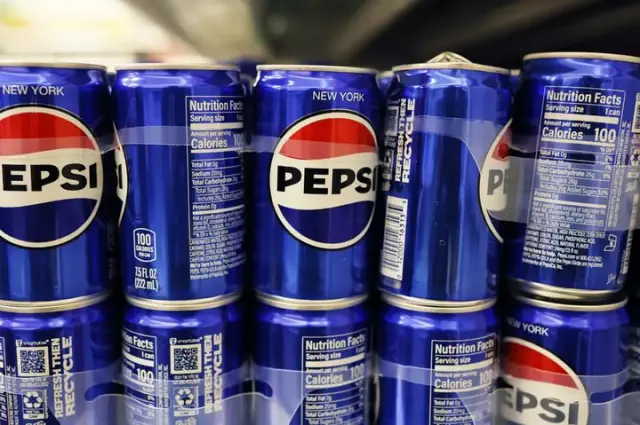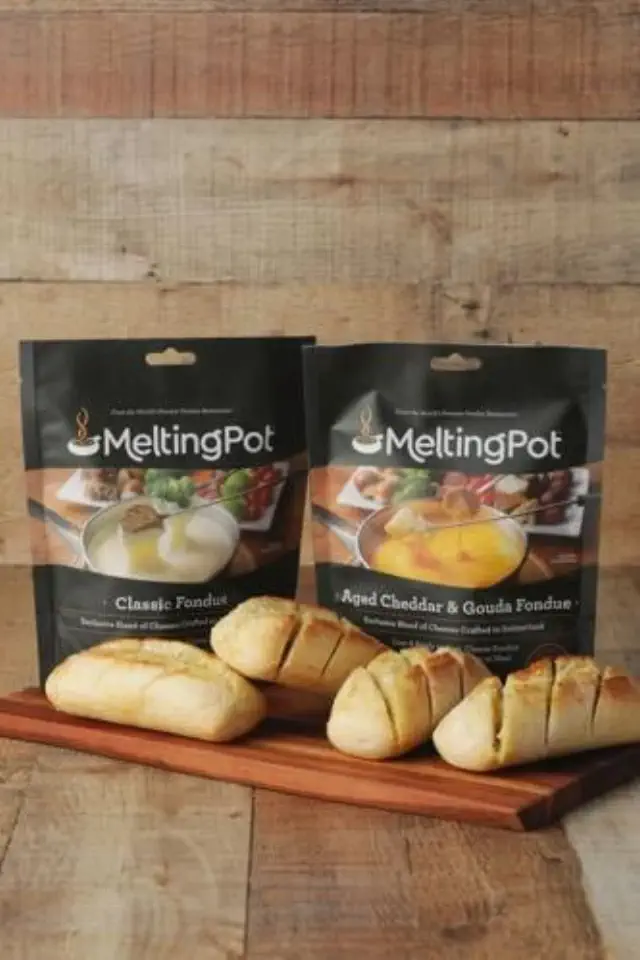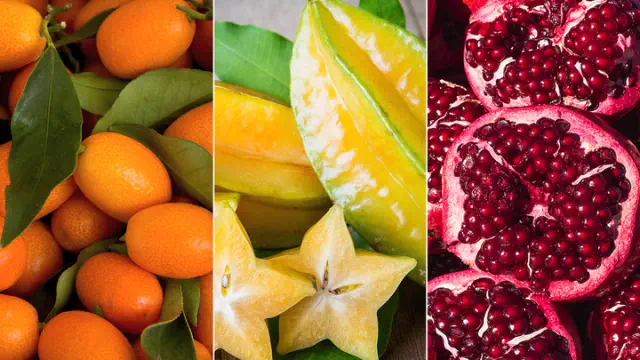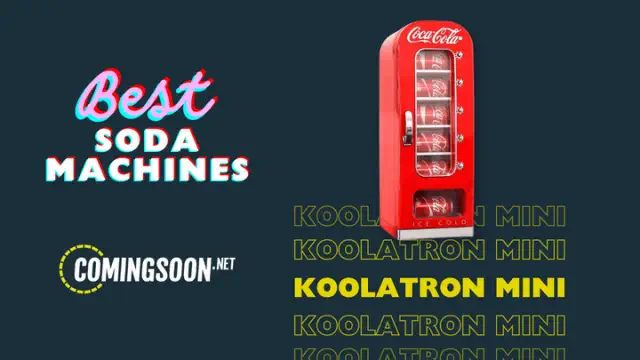The emergence of alcohol alternatives—beverages containing no more than 0.5% alcohol by volume (ABV)—has changed the way consumers approach drinking, providing choices for those seeking moderation while still enjoying the social aspects of having a drink. However, as these products gain traction, many consumers are confused when they are asked to show ID while purchasing drinks marketed as “alcohol-free.”
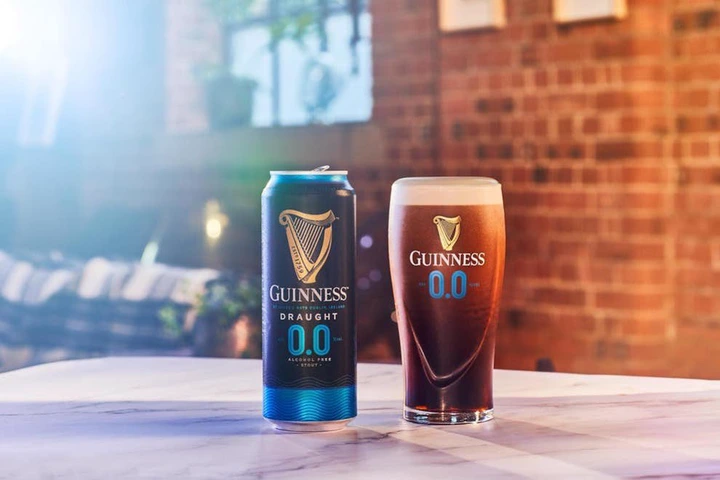
View pictures in App save up to 80% data.
The principles established by The Retail of Alcohol Standards Group (RASG) and the Portman Group are fundamentally based on promoting responsible retailing practices.
Alcohol alternatives are beverages or products designed to provide a similar experience to drinking alcohol without the intoxicating effects. These alternatives can include non-alcoholic beers, wines, and spirits, as well as creative concoctions made from various ingredients like herbs, fruits, and spices. They cater to those who want to enjoy social occasions without consuming alcohol, whether for health reasons, personal preferences, or lifestyle choices. Additionally, alcohol alternatives often aim to replicate the flavors and sensations associated with traditional alcoholic drinks, making them appealing to a wide audience.
According to the Retail of Alcohol Standards Group (RASG), alcohol alternatives refer to beverages that are designed to serve as substitutes for alcoholic drinks for adults, particularly in situations where alcoholic beverages are typically enjoyed, or to offer an option in scenarios where alcohol is usually inappropriate. Although these products frequently contain little to no alcohol—similar to a glass of orange juice—their branding, packaging, and retail positioning closely resemble those of conventional alcoholic drinks.
Under English, Welsh, and Scottish legislation, beverages with an alcohol by volume (ABV) of 0.5% or lower are not classified as alcoholic, and therefore, they are exempt from the licensing regulations that apply to alcohol sales. Nonetheless, these drinks are often positioned in the beers, wines, and spirits section, a strategic choice aimed at appealing to their primary adult consumers.
What are the reasons for expanding age verification policies?
The RASG recommends retailers apply age verification policies, such as Challenge 25, to alcohol alternatives to maintain social responsibility. The reasoning is clear: while these products are legal for under-18s to purchase, such sales “are likely to be viewed as irresponsible” and could harm the retailer’s reputation within local communities or with governing bodies.
The Portman Group, the trade body for alcohol labelling echoes these sentiments, suggesting that alcohol alternatives should “minimise potential confusion” with alcoholic products while avoiding “particular appeal to under-18s.” This includes avoiding packaging and marketing strategies that incorporate youthful designs, cartoon imagery, or under-25s prominently consuming the drinks.
Are we imposing too many regulations?
The ID policy concerning alcohol alternatives prompts significant inquiries regarding the extent to which society should regulate products that are, by legal standards, classified as non-alcoholic. While it is reasonable for retailers and manufacturers to safeguard their reputations and adhere to social responsibility, one could argue that this careful stance may verge on excessive regulation.
The justification for ID checks is centered around safeguarding minors from the allure of alcohol substitutes. However, this reasoning may come across as condescending, especially considering that today's youth are statistically drinking less than earlier generations. If we are to view alcohol alternatives as beneficial for reducing harm, shouldn't we strive to make them more accessible and accepted, rather than subjecting them to the same stringent regulations as traditional alcoholic beverages?
The rise of alcohol alternatives signals a shift towards more responsible and inclusive drinking cultures. As such, perhaps it is time to rethink policies that inadvertently cast these products as taboo. After all, a truly responsible drinks industry should empower consumers to make informed choices—not impose unnecessary barriers in their path.
